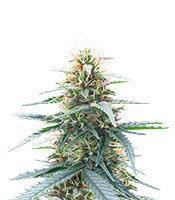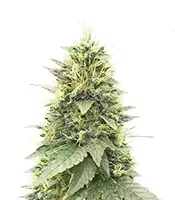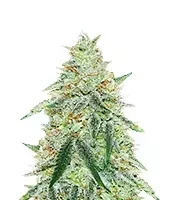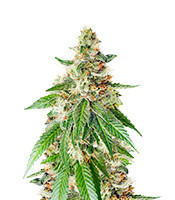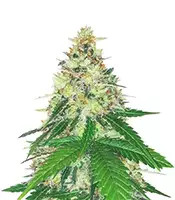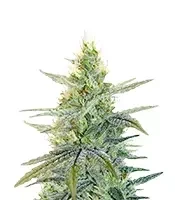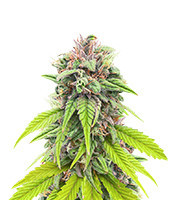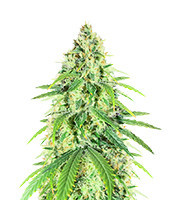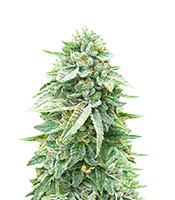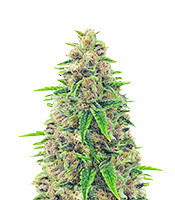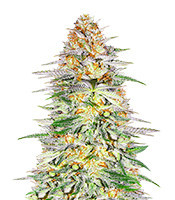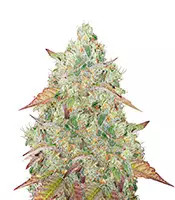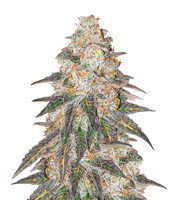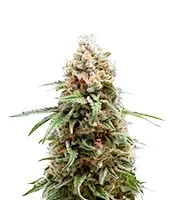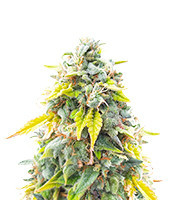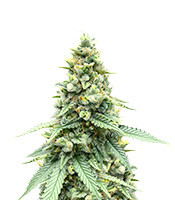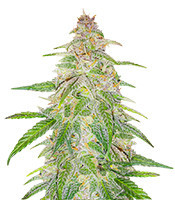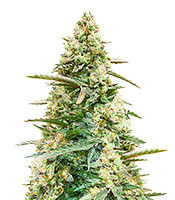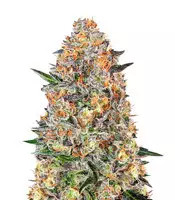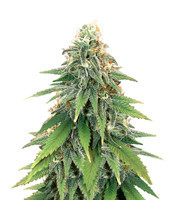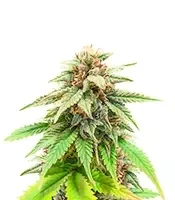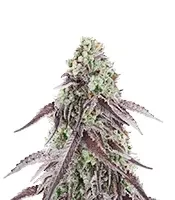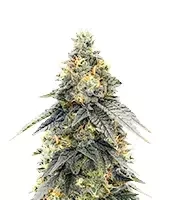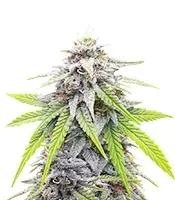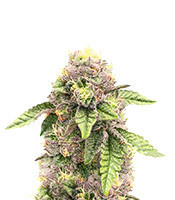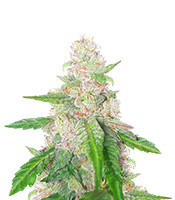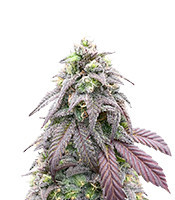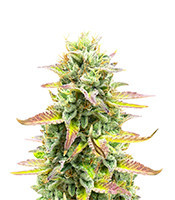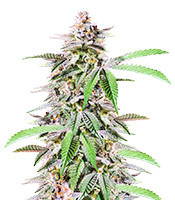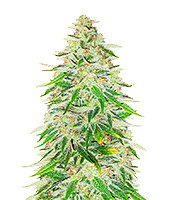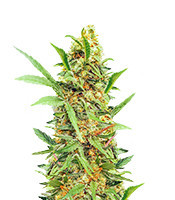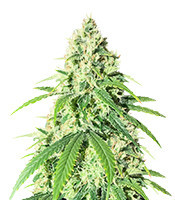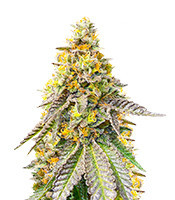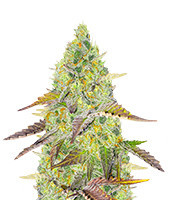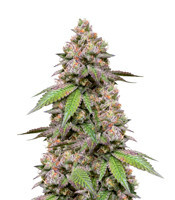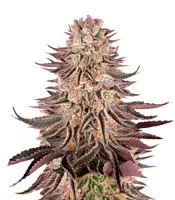What Does Photoperiod Cannabis Seeds Mean?
Logically, photoperiod cannabis seeds bear photoperiod cannabis plants – the ones that largely depend on photoperiods to successfully grow, mature, and come to harvest.
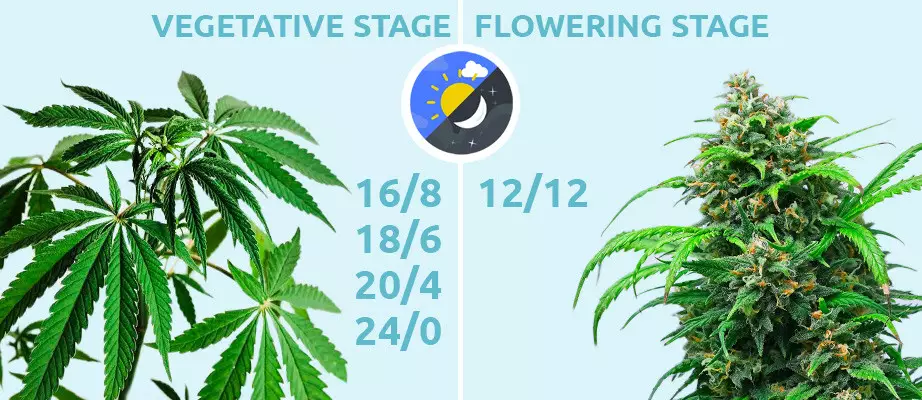
To put things simply, a photoperiod is a measurement of how much light a cannabis plant is going to need per day. Photoperiod measurements normally come with two numbers and look something like this: 18/6, 20/4, 24/0, 12/12.
When you see the photoperiod measurement, the two numbers are referring to two different things. The first number indicates how much exposure to light the plant needs, or the amount of “daytime” it should be getting. Conversely, the second number refers to how much time it should be resting in the dark, or how much “nighttime” it needs. This is based on a 24-hour day, so the two numbers should total 24. If not, there’s a typo.
In order to start flowering, photoperiod weed requires a strict schedule of at least 12 hours of darkness. Normally, growers keep their flowering photoperiod plants under 12/12 until harvest. Prior to that, cannabis in the vegetative stage requires more light. Because of this, growers normally keep their vegging plants on a 16/8, 18/6, or 20/4 schedule depending on their preferences.
Photoperiod vs. Autoflowering Cannabis Strains
So, if photoperiod essentially means that a plant depends on light cycles to start and keep flowering, what’s the other option? We’re glad you asked. Let’s take a look:
- Photoperiod: While they require specific amounts of dark and light daily, photoperiod plants grow bigger and yield more potent buds. Photoperiod strains normally take 5-7 months to reach harvest.
- Autoflowering: The opposite to photoperiod, autoflowering strains don’t require specific light hours to mature, and start flowering on their own automatically. They take a shorter period of time to grow but yield less marijuana.
For the most part, people tend to compare photoperiod strains with autoflowering strains. There are some noticeable differences between these cannabis strains, and those looking to grow should be aware of them. When you break them down, the two classifications stack up against each other in the same way most of the time.
Photoperiod Cannabis Strain Strengths
- Photoperiod cannabis strains follow the natural growing process. This can be considered a distinct advantage over the autoflowering strains available. Because they continue to grow and vegetate indefinitely until flowering is triggered, they are capable of reaching much larger sizes, which in turn produces much larger amounts of cannabis.
- Photoperiod cannabis can be trained, and they can withstand even the most extreme HST methods when done correctly.
- Photoperiod strains can be cloned.
- Potency in photoperiod strains is traditionally stronger than that of autoflowering strains. This includes both THC and CBD content levels.
- There are more cannabis strains available as photoperiod seeds, meaning you have a larger choice of what strain to plant according to your own preferences, climatic conditions, etc.
Photoperiod Cannabis Strain Weaknesses
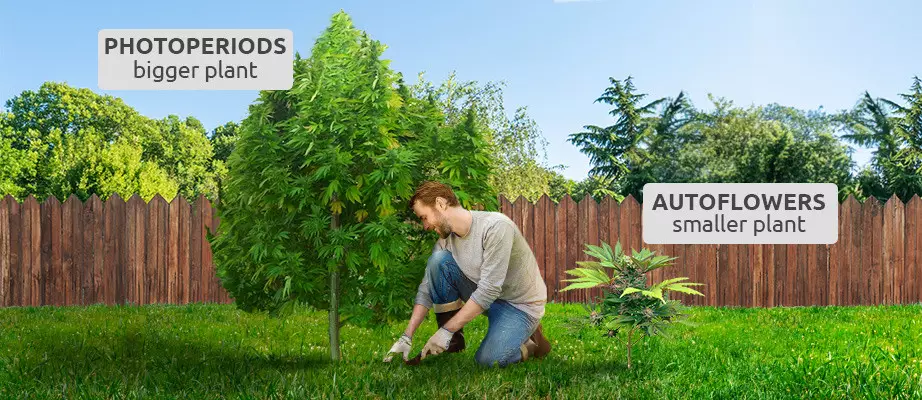
- Plant husbandry skills are a must to grow suitable photoperiod strain. They require fertilizing, training, specific amounts of light, and a knowledge of general plant care.
- Photoperiod strains take much longer to grow and produce flowers, meaning that cultivation can be delayed.
Autoflowering Cannabis Strain Strengths
- Autoflowering cannabis strains follow a fixed growing cycle, making cultivation a predictable, scheduled event. This process also tends to occur more quickly than photoperiod plants, meaning quicker harvests.
- Many of the plants are smaller, meaning they can be easily grown indoors.
- They don’t require specific photoperiod conditions, meaning that specific amounts of light each day aren’t needed. As the name implies, this makes the growing process nearly automatic, making these strains very beginner-friendly.
Autoflowering Cannabis Strain Weaknesses
- Strains of autoflowering cannabis are smaller, meaning lower yields when cultivation occurs. This is a result of the autoflowering process, as plants flower at a set time, inhibiting further growth.
- While highly potent strains are available, many common autoflowering strains tend to have lower THC and CBD content than photoperiod strains.
- Autoflowering strains can be only lightly trained.
- They can’t be cloned.
So Why Do People Use Photoperiod Seeds?
In most cases, autoflowering plants produce smaller harvests than photoperiod plants do. This is often considered a decent tradeoff for the smaller size and easier cultivation process that’s frequently preferred by newbies in growing.
So now we reach our real question: why do people like photoperiod seeds if they require more work? For starters, it comes down to tradition. Photoperiod seeds are loved by many cultivators because of the work rather than being disliked for it. It offers a more hands-on approach to the growing process and allows you to become more acquainted with your plants. Combine that with the larger yields and the purity of the seeds themselves, and you’ve got a set of seeds that people love, despite how difficult the process can sometimes be.
Feminized Photoperiod Seeds
After covering such a broad category of cannabis seeds as autoflowers, there's one more big name on the market that you can't escape: feminized seeds. What does it mean, and how does it relate to photoperiod seeds? Feminized means that the plants grown from these seeds will become female with a 99% accuracy – they've been bred to only develop fruitful plants with the buds that we can smoke. There are feminized photoperiod seeds on the market and their opposite, regular photoperiod seeds, which grow into both male and female plants.
If you aren't planning to use male plants for breeding, you don't need them; instead, pick photoperiod feminized seeds. They are a bit pricier, but considering they will all yield you potent cannabis, it's an investment that will 100% pay off. Growers know it, and that's why most of the photoperiod strains on the market come in the form of photo fem seeds.
Fast-flowering Photoperiod Seeds
Earlier, we've touched upon the "con" of photoperiod seeds – they take longer to grow when compared to speedy autoflowers. It is indeed a significant disadvantage for outdoor growing in areas with shorter summers. In colder climates, the first frosty weather can come too early for a photoperiod plant to finish. As a result, you can lose your whole harvest.
Luckily, there are many fast-flowering photoperiod seeds on the market. Some of them are naturally fast, for example, Indicas and Indica-dominant hybrids. These can finish in September or early October. If that's not enough, some strains have been bred specifically to finish quicker. To find fast photoperiod seeds like this that can be done as soon as by early September, look for words like "fast", "early", or "quick" in the strains' names! At Herbies, we have a whole Fast-flowering Collection with seeds like this!
Price of Photoperiod Cannabis Seeds
Even if you're looking for the best photoperiod seeds and nothing less, it doesn't mean you have to spend a fortune on them. These seeds have long been a staple and a standard of cannabis growing, so their price range can accommodate both growers on the budget and big spenders.
The price of photoperiod cannabis seeds will largely depend on the producer. Remember that getting a seed from a big seed bank means that you're also getting stable phenotypes and healthy plants – this is worth spending a buck more. Also, the price will largely depend on the complexity of the production. This means that feminized seeds will more likely be more expensive than regular seeds, and autoflowering seeds will likely be the most expensive of all. Finally, the price depends on all of the qualities of the plant: the larger the yield, the higher the THC count, and the sweeter the smell – the pricier the seed.
Where to Buy Photoperiod Seeds Online?
Of course, you're here not by accident – you're looking for photoperiod cannabis seeds for sale. And you're in the right place! Herbies has thousands of photoperiod weed seeds in store. They all come from reputable seed banks that we respect for the quality of their products and the immense research behind their meticulously bred varieties.
Buy photoperiod seeds online at Herbies and enjoy all of our perks! We deliver worldwide and offer a special Stealthy Shipping that will hide the parcel's contents from the prying eyes of your neighbors or mail carriers. We also have a great tradition of adding free seeds to every order because we want to spread cannabis and its healing properties worldwide. If you still have any questions regarding cannabis seeds or shopping at Herbies, contact our 24/7 Customer Support via the chat window on our website, phone, or email.
Disclaimer: Before purchasing and growing cannabis seeds, ensure that cannabis cultivation is legal in your region.
Frequently Asked Questions About Photoperiod Cannabis Seeds
What are photoperiod seeds?
Photoperiod seeds are those cannabis seeds that require a switch in the light schedule (whether natural or artificial) to start flowering. Photoperiod seeds will only move from the vegetative stage to the flowering one after they start receiving 12 hours of darkness per day.
What are photoperiod autoflowering cannabis seeds?
Photoperiod autoflowering cannabis seeds don't exist. Autoflowering seeds start flowering independently, without requiring the switch of the light cycles. They are the polar opposite of photoperiod seeds, which need 12 hours of darkness per day to start producing buds. Therefore, you can either pick autoflowering seeds or photoperiod seeds.
Can photoperiod feminized cannabis seeds be grown outdoors?
Yes, photoperiod feminized cannabis seeds can be grown outdoors perfectly well. When choosing your outdoor cannabis seeds, make sure that your climate is suitable for growing cannabis. The main thing is to look out for is when the lowest daily temperatures drop below 12°C/52°F. Temperatures below that level are detrimental to cannabis health, so you need to pick photoperiod strains that finish flowering before it gets too cold for them to survive.
What is the best light cycle for photoperiod marijuana seeds?
When your plant is still in the vegetative stage, give it as much light as possible, ideally 18-20 hours per day – this will help your plant gain healthy mass for heavier bud production. When it's time for your plant to start flowering, switch it to 12 hours of light and 12 hours of darkness per day – this is the only option for healthy flowering. Make sure that the dark hours aren't disturbed by any light, or it could cause revegetation and will greatly slow down the growing process.
What are the best photoperiod seeds for indoor growing?
When choosing indoor cannabis seeds among photoperiod strains, most growers go for Indicas and Indica-dominant hybrids, as they are naturally shorter and quicker. You can pick Sativas as well, but be prepared to give it enough space and dedicate lots of time to training it and taming the rapid growth.
How long does it take to cultivate photoperiod cannabis strains from seed?
Many photoperiod cannabis strains take around 10 weeks of flowering to reach maturation, although some may take more or less time. Add to this the length of the vegetation period you wish to give your plant (2 weeks absolute minimum, but preferably a couple of months for larger harvests), and you have 4-5 months of growing. Outdoors, depending on the strain, photoperiod cannabis finishes in September-November.
Are photoperiod seeds for beginners?
Very often, complete beginners resort to feminized autoflowering seeds, which don't require sexing, much training, or the switch in the light cycle. However, many photoperiod seeds are beginner-friendly as well! Just make sure to do your research before growing, and you'll be treated to larger yields and higher THC counts. Our Blog has all of the information a beginner grower might need for a successful first grow.
Can feminized seeds be photoperiods? Can photoperiod seeds be feminized?
Most photoperiod strains on the modern market are feminized. They still require specific amounts of light – the only difference is that they’re preselected, meaning you’re going to grow solely female plants.
-
Trusted by customers for over 20 years
-
Wide range of premium cannabis strains
-
Fast & discreet shipping to United Kingdom
-
Secure checkout with multiple payment options
-
Free bonus seeds with every order
-
Freshly stored seeds with guaranteed germination
-
Thousands of positive customer reviews worldwide
-
Buy with Confidence
-
Germination Guaranteed
-
Discreet Shipping to United Kingdom
-
100% Secure Payment
Yes, Herbies offers fast and discreet shipping to United Kingdom. You can check delivery availability with our shipping calculator. If your country is not listed, shipping is not available at this time.
Yes, all orders are packaged with 100% discretion. Herbies is never mentioned on the package, and labels only include essential delivery details.
Orders are usually assembled and dispatched within 24 hours of payment on business days. Weekend orders are processed on the next working day. In rare cases, dispatch may take slightly longer.
We partner with trusted couriers such as Correos, UPS, FedEx, DHL, and Tipsa. For shipping costs and delivery estimates, please use the calculator at the top of this page.
If your order has not arrived within the expected timeframe, please submit the claim form on our website, and our support team will assist you promptly.
